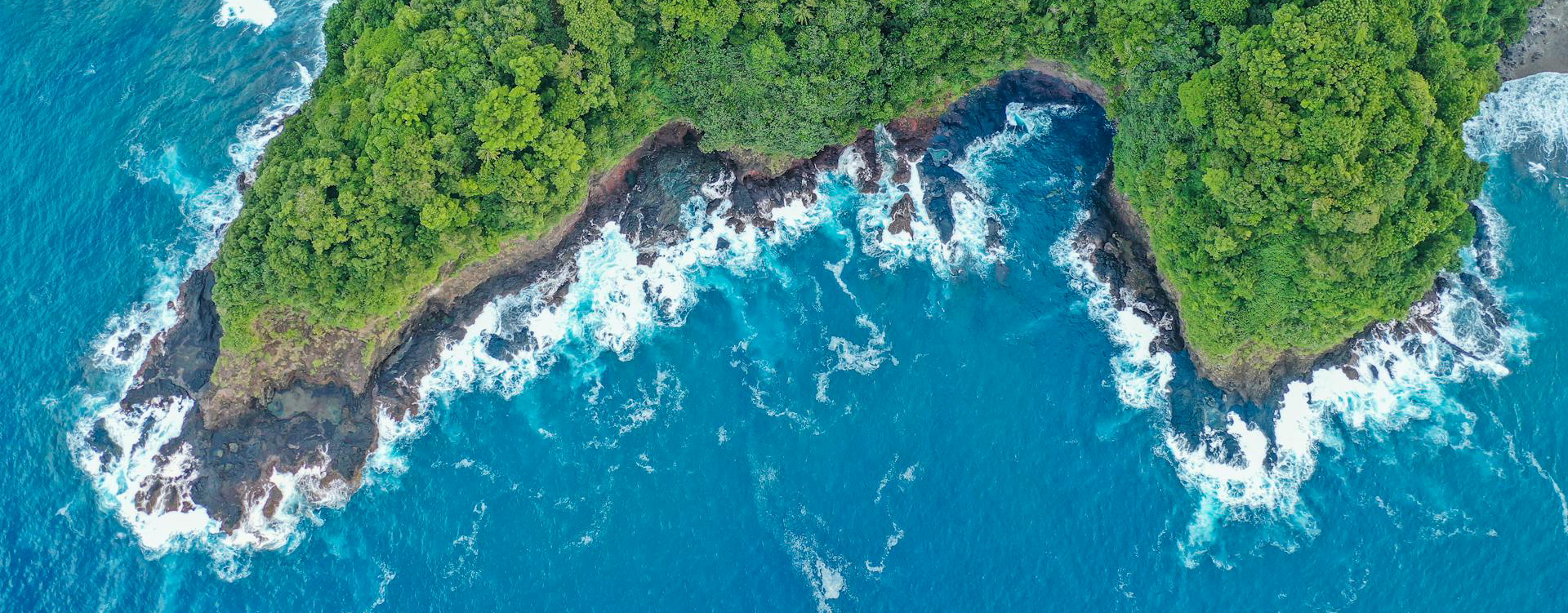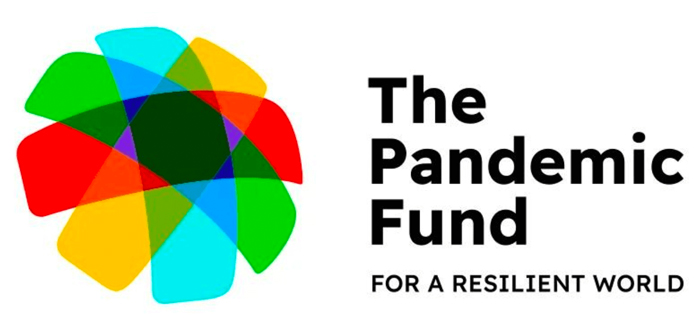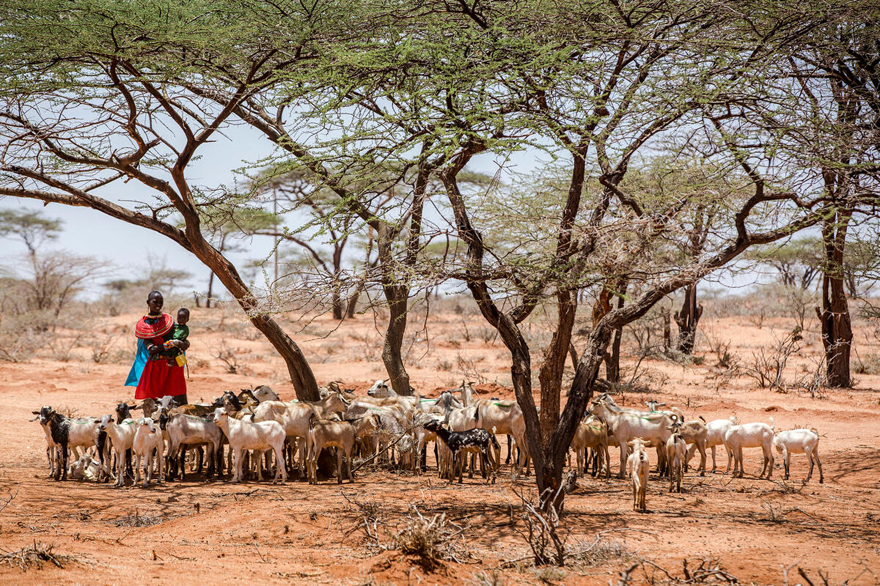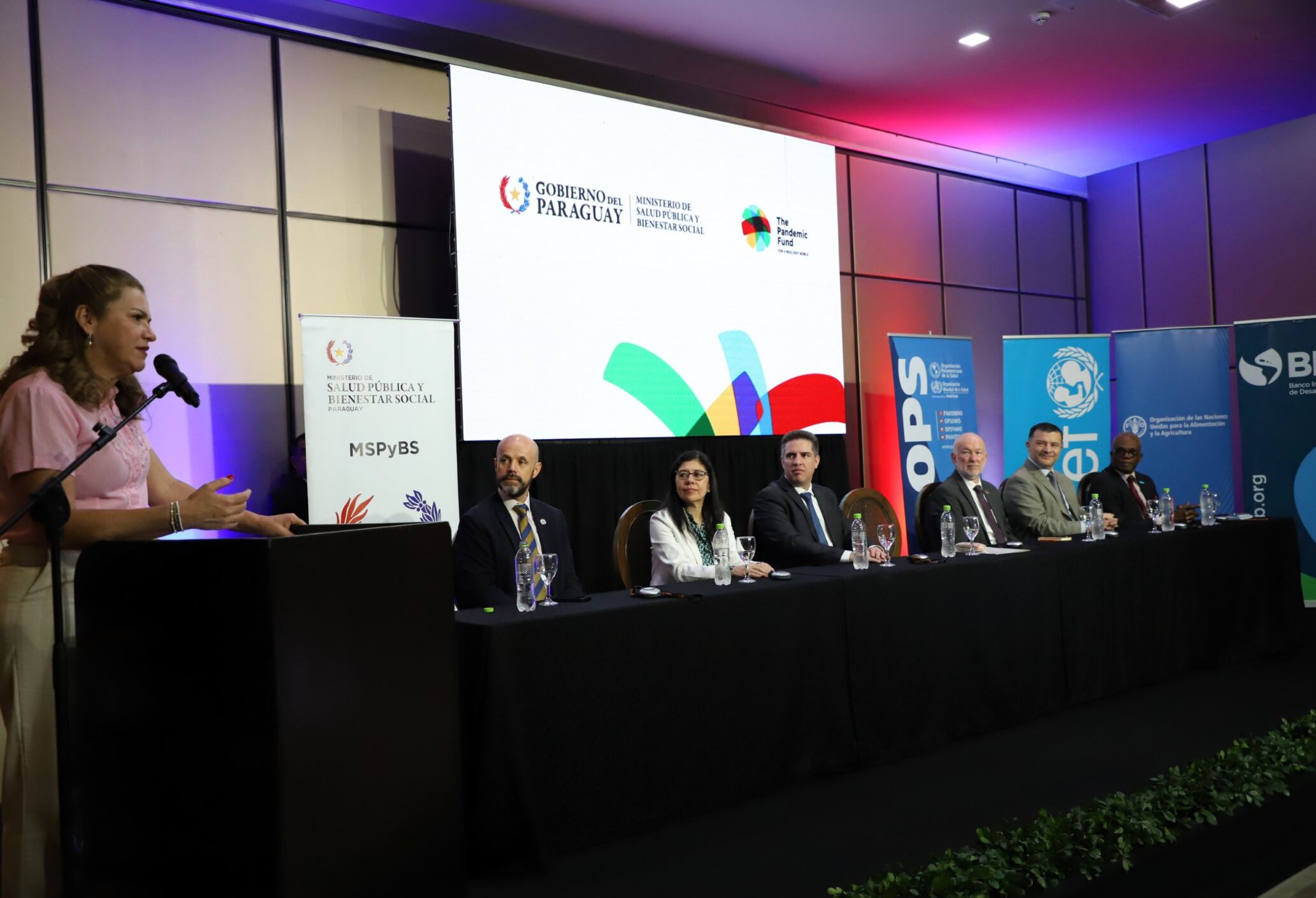
One Health pandemic preparedness and response in Samoa

Samoa’s unique geographical location and climate vulnerability expose it to heightened risks of pandemics and emerging infectious diseases. This project seeks to strengthen Samoa's ability to prevent, detect, and respond to public health emergencies through a comprehensive One Health approach. By integrating human, animal, and environmental health systems, the initiative aims to create a resilient framework for pandemic prevention and preparedness.
Implementation and key components
The project is led by the Ministry of Health in collaboration with the Ministry of Agriculture, WHO, FAO, and the World Bank. It focuses on critical areas, including surveillance, laboratory systems, and workforce capacity, with a special emphasis on community engagement and equity.
Strengthening surveillance systems
The project will scale up the Health Climate Early Warning System (H-CLEWS), enhancing data integration and cross-sectoral monitoring of zoonotic diseases. Key activities include the development of a national food safety emergency response plan, a biosecurity risk assessment, and training for health workers to improve early detection and reporting capabilities. Community-based initiatives will foster greater awareness and participation in surveillance efforts.
Enhancing laboratory capacities
A significant focus is on establishing fully functional national laboratories for human and animal health. Investments will include laboratory infrastructure upgrades, the introduction of quality management systems, and external quality assurance programs. These improvements aim to reduce diagnostic delays and improve the capacity for rapid testing of zoonotic and antimicrobial resistance (AMR) threats.
Building workforce resilience
To address workforce gaps, the project will implement cross-sectoral training programs for health professionals, veterinarians, and environmental specialists. Initiatives include the development of a surge workforce plan for public health emergencies, integrated work attachments, and specialized training in emerging disease diagnostics and food safety.
Expected outcomes
The project is expected to establish a robust One Health framework, fostering collaboration across sectors and improving disease surveillance, diagnostics, and workforce readiness. These efforts will enhance Samoa’s compliance with international health standards, such as the International Health Regulations (IHR). By prioritizing gender equity, community engagement, and resilience-building, the project will not only mitigate the socio-economic impacts of health emergencies but also empower communities to actively participate in health security.
Implementing Entities
FAO, World Bank, WHO
Priority areas
- Early warning and disease surveillance systems
- Laboratory systems
- Human resources/public health and community workforce capacity
Total budget
USD 4,760,562
Total co-financing
(in kind and cash)
USD 5,522,943
Total co-investment
(in kind and cash)
USD 320,000
Find out more

Projects
The Pandemic Fund
FAO is co-leading the implementation of 32 Pandemic Fund projects worth over USD 165 million aimed to boost local and global health security.

Highlights
Global fight against pandemics gains momentum as projects launch with FAO support
The first of Pandemic Fund projects launched at national level, including Ethiopia, Paraguay, Central Asia countries, and Yemen.

.jpg?sfvrsn=6570d7c1_0)